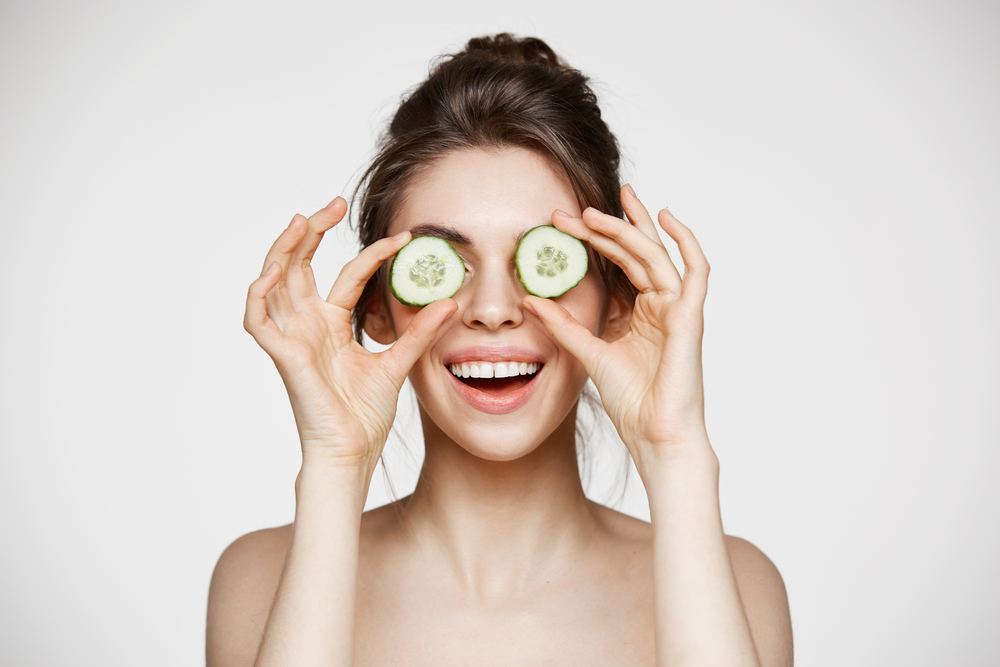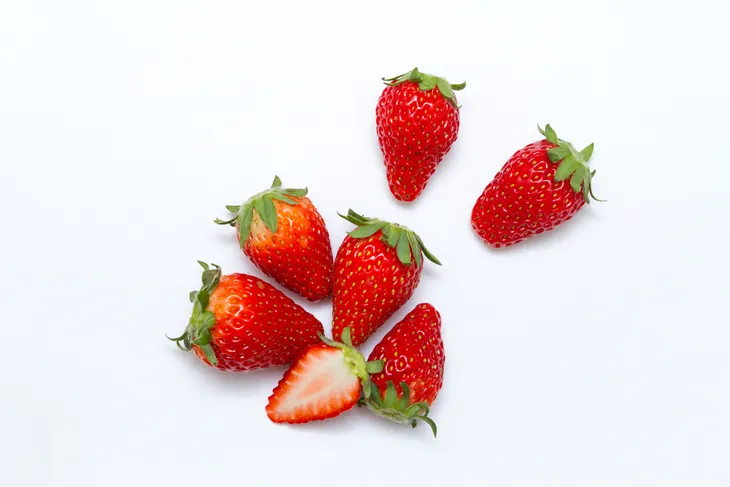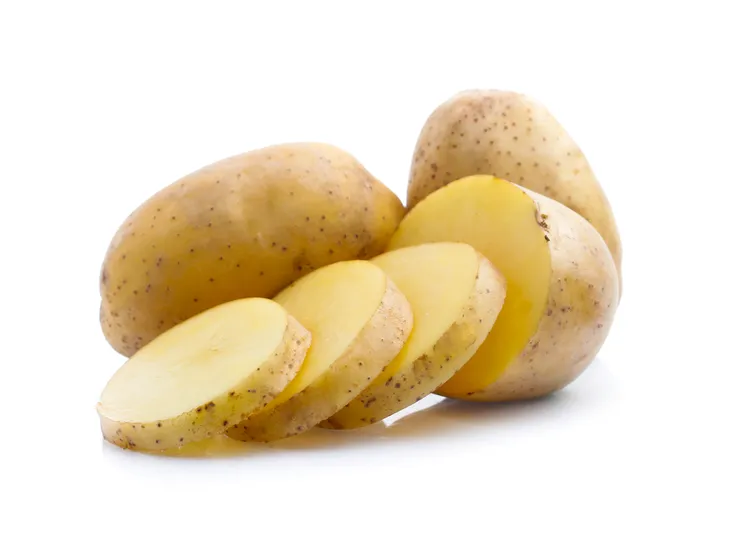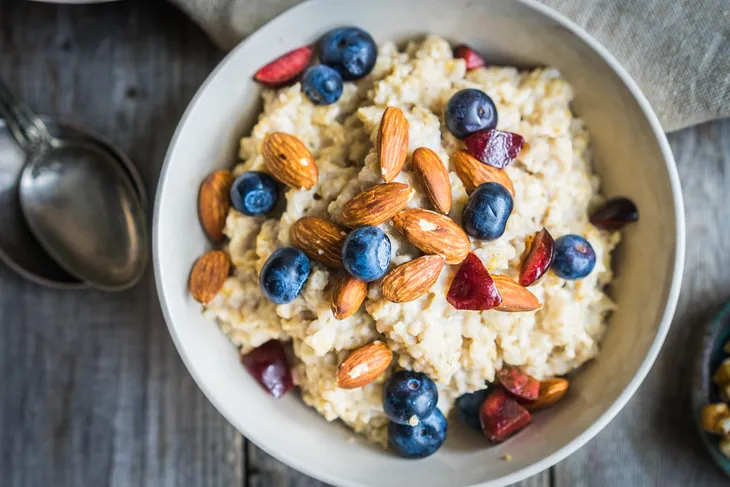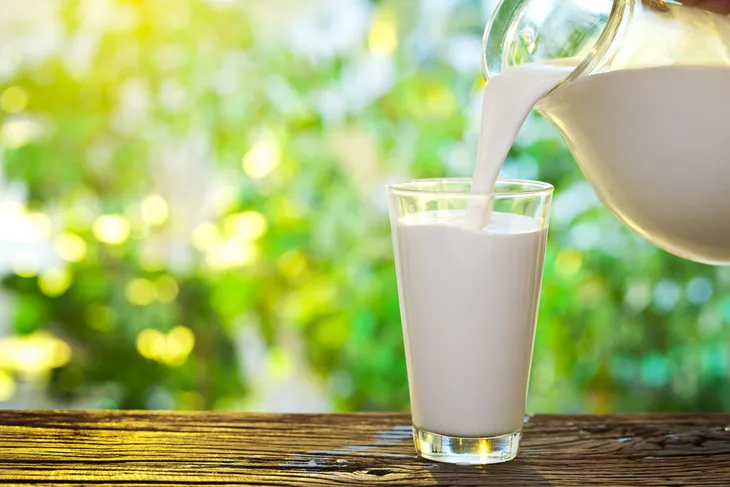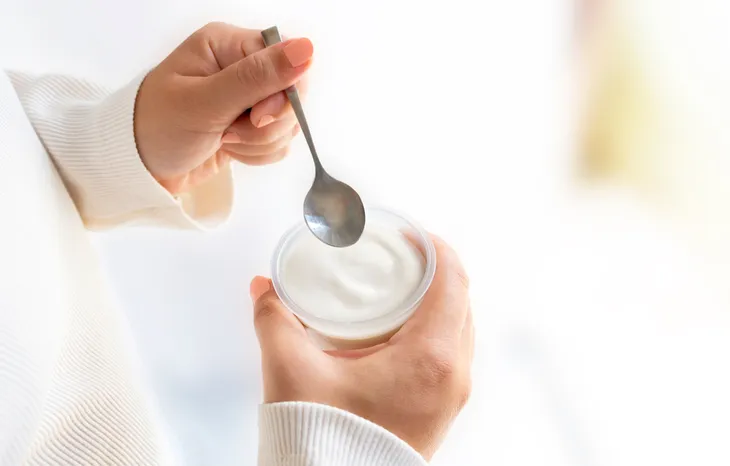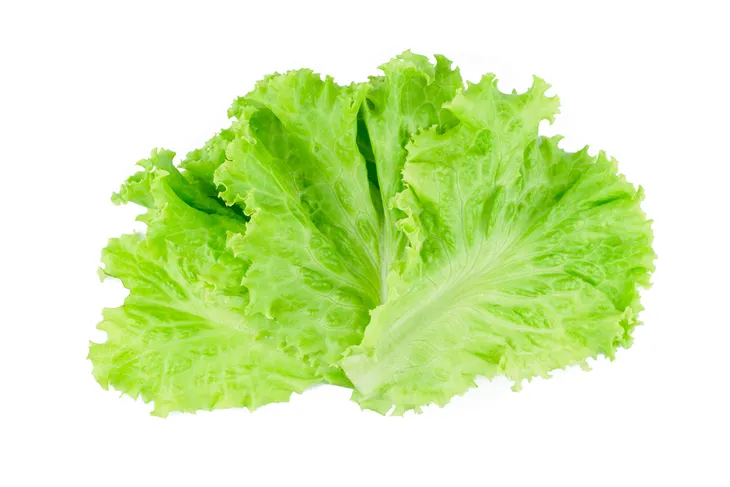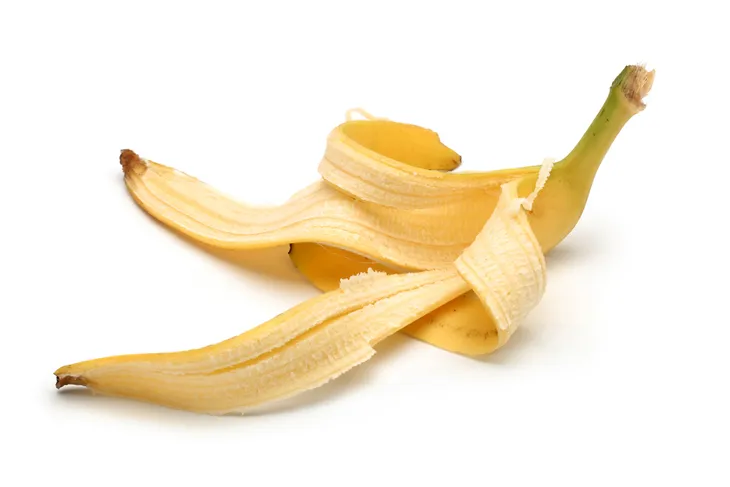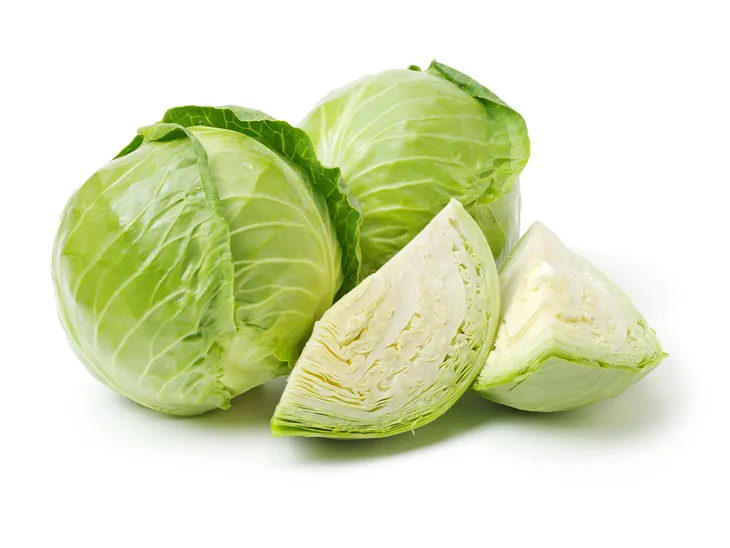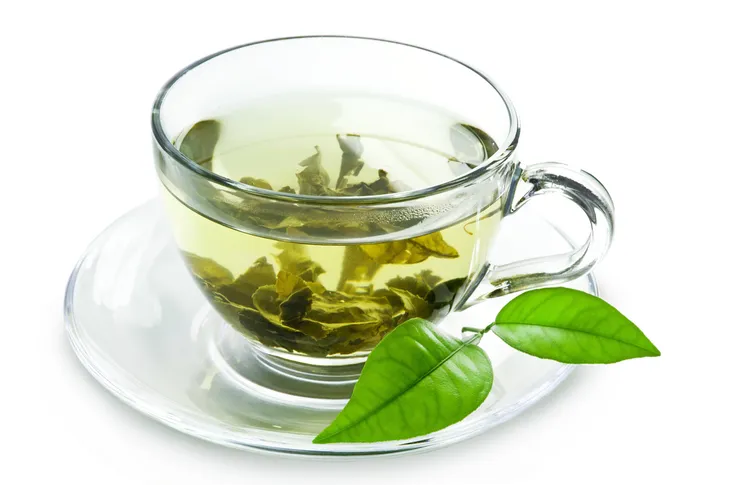Summer is finally in full swing. For most people, summer is one of their favorite seasons and its usually thanks to the hot weather. However, the strong summer sun does bring some dangers, mainly that it can cause skin damage in the form of a sunburn.
The best way to fight a sunburn is to prevent one, due to the risk of skin cancer and skin damage. However, for those unfortunate times you do get too much sun, there are several at-home remedies that can help.
For some, these may cause more irritation on inflamed, sunburnt skin. See your dermatologist if your skin is not getting any better. In the meantime, try using some of these household foods that may help take away the sting and discomfort of sunburns away…
Strawberries
Strawberries are not only a delicious, refreshing, and healthy snack in the summer time—they also offer a natural sunburn treatment. Simply grind up a bunch of strawberries and lather the pulp over your sunburned skin. Wash off after a few minutes. Not only will this feel soothing, the tannins in strawberries will help take some of the sting out of the burn.
Tip: Keep the strawberries in the fridge until you want to use them. That way, when you apply them to your skin, they’ll have a cooling effect as well.
Potatoes
Cheap and always readily available at your local grocery store, potatoes can soothe the skin in your worst sunburned areas. Slice a raw potato and gently rub it over your worst burnt spots. If you don’t feel enough relief, if your burn is really extreme, you can also make a poultice using potatoes.
Grate a raw potato over a bowl, catching as much liquid as possible. If the mixture feels dry, add a little bit of water then slather the grated potato on the most severely burnt area and wrap it with gauze from your medicine cabinet to hold it in place.
Oatmeal
Oatmeal is more than a healthy breakfast—it’s also an effective way to treat sunburns. When you have a full body burn, fill your bathtub with cool water. With your skin so hot from the sunburn, cool water instead of warm or hot will cool your skin and keep it hydrated.
Grind up a couple cups of oatmeal and toss them in the tub. Or, to make it less messy, you can fill a sock with the uncooked oatmeal and tie the top, then place it in your tub. Let it soak for a few minutes before getting in.
Milk
One of the most painful parts of a sunburn is the inflammation. Using milk can help ease this inflammation and soothe irritated skin. Soak a cloth in a bowl of milk and then carefully apply the cloth to your sunburn. Leave it on for about 10 minutes before washing it off. Use cool water to rinse the milk off as warm water can irritate the burn and further dehydrate the skin.
The milk will create a protein film and ease the discomfort. For areas that are severely burned, lay the cloth over the skin and let it sit for 10 minutes.
Plain Yogurt
Plain yogurt is full of probiotics and enzymes that can naturally heal our skin. The cool yogurt will feel good on your skin and take away the pain, and will help heal the burn more quickly.
Cucumbers
There’s a reason spas and beauty products use cucumbers in their treatments–they’re full of antioxidants and analgesic properties! Analgesic properties act as natural pain killers and can help with inflammation caused by sunburns.
For burns on your eyelids, place a cool slice of cucumber over each lid and let sit for 10 minutes. To use this cooling veggie on other areas of your body, mash a cold cucumber into a paste by using a blender, and then place it on your skin and wrap the area in gauze.
Lettuce
Lettuce has natural benefits as a painkiller and can provide immediate relief when swabbed over the skin. Boil a pot of lettuce for about 15 minutes to pull out the pain relief properties. Once cooled, strain and transfer the water to a large bowl and place it in your fridge for an hour to cool the water. Using a small cloth or cotton balls, lightly rub the lettuce water over your skin. For more severe burns, soak gauze in the water and wrap it directly around the severe spots.
Banana Peels
Once the pain of a sunburn subsides, it will become an uncomfortable, constant itch. Scratching a sunburn really doesn’t relieve the itchiness and will likely cause more pain and skin damage if the burn is still a bit fresh. To help ease the itch that never seems to stop, rub the inside of the banana peel over the itchy spots.
Not only do banana peels treat the itchiness of a sunburn; they have natural oils that will help relieve pain.
Cabbage
Cabbage is another leafy vegetable that’s naturally filled with anti-inflammatory properties that will help relieve sunburn pain. There are a couple ways you can use cabbage on your sunburn. Make small cuts on whole leaves of cabbage to allow the juice to seep out. Place the leaves on your burn and leave on for 5 minutes.
The other option is to make a poultice by crushing a cabbage leaf with a little olive oil. Spread the mixture on your skin and wrap it in gauze. Bonus: Cabbage can also help prevent blisters that might form from severe sun burns.
Green Tea
Green tea is full of antioxidants, in general, the brew provides a lot of health benefits just via drinking. However, green tea can also be used when you have a wicked face burn or a patchy sunburn. Using 3 to 5 green tea bags, place them in a medium-sized bowl and pour boiling water over to steep.
You can also add in a few mint leaves, which also offer cooling properties. After about an hour, dip cotton balls in the water and rub it gently over the burn. If your face is badly burned, place the cool tea bags directly on your eyelids. Bonus: Drinking green tea regularly can also help protect your skin against the sun’s harmful UV radiation.
